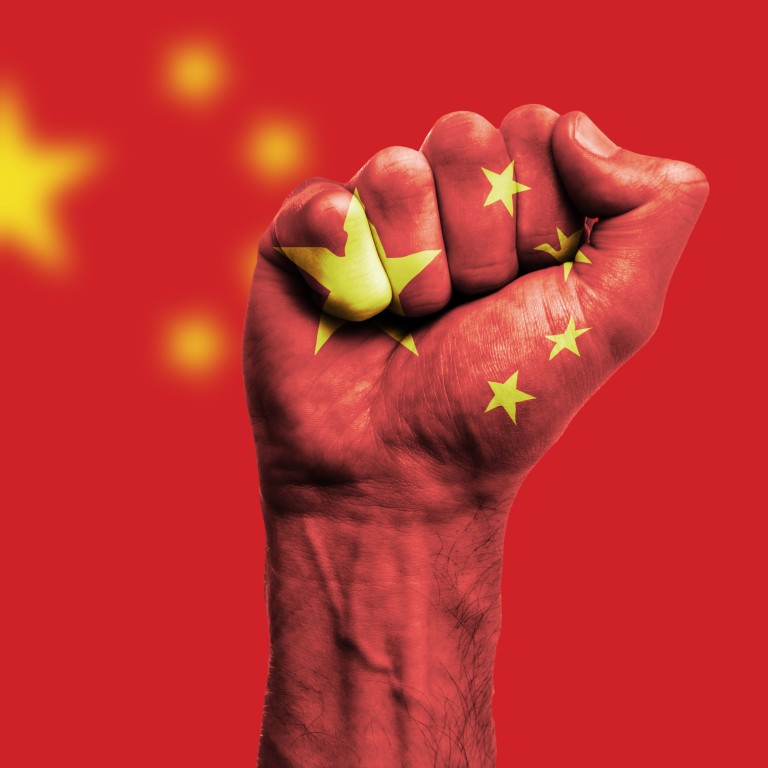
It’s not fair to call us Wolf Warriors when we’re reacting to US acts such as Donald Trump’s consulate closure, says Chinese diplomat
- The diplomat said the former US president’s actions highlighted the need for a strong response to attacks on China’s interests
- The West is very good at putting labels on us but we only hit back when China’s interests are threatened, says source
The diplomat also said they had been shocked by Donald Trump’s decision to close the Chinese consulate in Houston last year, saying that diplomatic colleagues in Los Angeles and New York “had packed their bags and were ready to leave the US at any moment”.
“You never knew what Trump would do next,” said the diplomat speaking on condition of anonymity. “He was capable of anything.”
The diplomat said incidents such as this had forced Chinese diplomatic staff to react strongly to protect the country’s core interests.
“The West is very good at putting labels on us, such as ‘Wolf Warriors’, a phrase not coined by us. But this is never the main part of the story, we only react or hit back when China’s core national interests are interfered with or undermined,” they said.
“We never provoke any country. However, now we begin counter-attacking and they find it unbearable and call us ‘Wolf Warriors’. Most of the time, we look for cooperation and stability.”
Beijing asks challenged Wolf Warriors to find wisdom in China’s past
Wolf Warriors take their name from a popular series of nationalistic action films. The country’s Foreign Minister Wang Yi once defended the combative “Wolf Warrior” approach to diplomacy, saying the country would stand firm in defending the national interest and combating “smears”.
The diplomat said the closure of China’s consulate in Houston last year reflected the increasing international hostility towards China.
The US ordered China on July 22 to shut its consulate in Houston, with officials accusing it and other Chinese diplomatic missions of economic espionage and visa fraud. Beijing denied the accusation, and ordered the closure of the US consulate in Chengdu in retaliation.
The diplomat said the reopening of the consulates depended how relations between China and the US developed in future, but noted that the Biden administration was also putting pressure on China over human rights and moving to strengthen its alliances.
Another Chinese diplomat also said they and their colleagues had to respond when Beijing’s image was being tarnished by criticism from other countries.
“Sometimes, Chinese diplomats didn’t respond enough, sometimes they responded too much. But on the whole, I think they responded properly. And it’s meaningless to tag Chinese diplomats as Wolf Warriors,” they said.
China’s diplomatic relations with the outside world, especially the United States, have deteriorated over the past years amid growing criticism of its record in areas such as trade and human rights.
We’re not Wolf Warriors, we’re only standing up for China, says senior official
At the same time, some Chinese diplomats have adopted increasingly confrontational and combative rhetoric – an approach that prompted the Wolf Warrior label.

